Myocardial infarction medication
Myocardial infarction (MI) is ischemic necrosis of the myocardial tissue. MI occurs due to sudden rhombus formation in the coronary artery that interferes with the blood supply of the heart.
- Analgesics – morphine (drug of choice of Myocardial infarction (MI))
- Vasodilators – To dilate the artery and vein
- Antiarrhythmic – Esmolol
- Antithrombotic drug – To prevent the thrombus formation
- ACE inhibitor drugs
- Angiotensin receptor blocker (ARB) drug.
- Cardiac depressant drug – To decrease heart rate and heart contractility.
Morphine drug uses
It is an analgesic medication of opiates that acts on the central nervous system to reduce the feeling of pain. It is the drug of choice for Myocardial infarction (MI).
- Morphine dose 4 – 8 mg IV.
Morphine contraindication
- Head injury, hypotension
- Bronchial asthma, hypothyroidism
- Hepatic and renal disease
- Pregnancy etc.
Read also- Antihypertensive drugs Classification
Read also – Administration of Medicine
Antiarrhythmic drugs
Arrhythmia is a disorder of the heart in which irregular beating of the heart or abnormal rhythm. A cardiac arrhythmia occurs due to improper electric impulses of the heart. Antiarrhythmic drugs are used to treat irregular cardiac rhythms. Antiarrhythmic drugs – The drugs act on myocardial sodium, potassium, and calcium channels and block them.
Sodium channel blockers drugs
-
- Quinidine 200 – 300 mg orally
- Lignocaine 100 mg / IV
- Lidocaine 1 mg / kg
- Procainamide.
Beta-blocker drugs
-
- Propranolol 20 – 80 mg daily.
- Atenolol 50 – 100 mg daily.
- Esmolol
Potassium channel blockers drugs
-
- Bretylium 5 – 10 mg.
- Amiodarone
Calcium channel blockers
-
- Verapamil 80 mg
- Diltiazem.
Antiarrhythmic drug Uses
- Ventricular arrhythmia
- Supraventricular tachycardia
- Atrial flutter and fibrillation
- Paroxysmal supraventricular tachycardia
- Sinus tachycardia
- Hypertension.
Contraindication Antiarrhythmic drug Uses
- Cardiac failure
- Heart block, cardiogenic shock
- Complete atrioventricular block
- Complete atrioventricular block
- Severe bradycardia.
Antiarrhythmic drug (Adverse) Side effects
- Hypertension, heart failure, bradycardia
- Confusion, heart block, fatigue, dizziness
- Nausea, vomiting, cinchonism, etc.
Antiarrhythmic Drug interaction
- Antiarrhythmic drug use with antihypertensive that causes hypotension.
- Use a digoxin drug that increases the digoxin level.
Key Points
- Which disease causes the ischemic necrosis of myocardial tissues – MI
- Drug of choice of MI – Morphine
- Morphine is an analgesic drug of the – Opiate family
Drug of choice for MI
Morphine



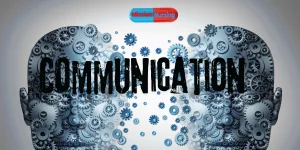

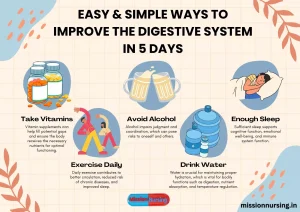
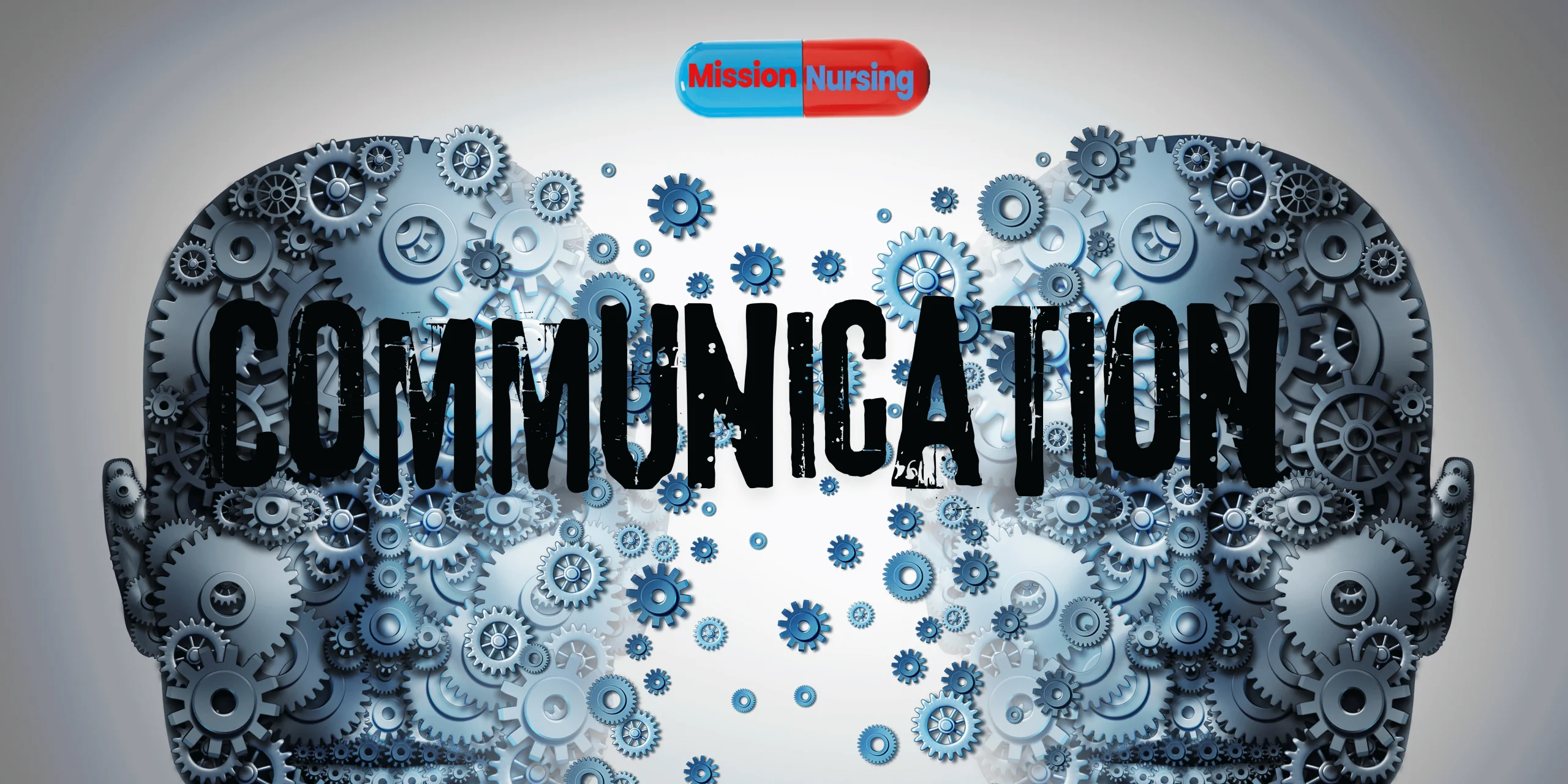

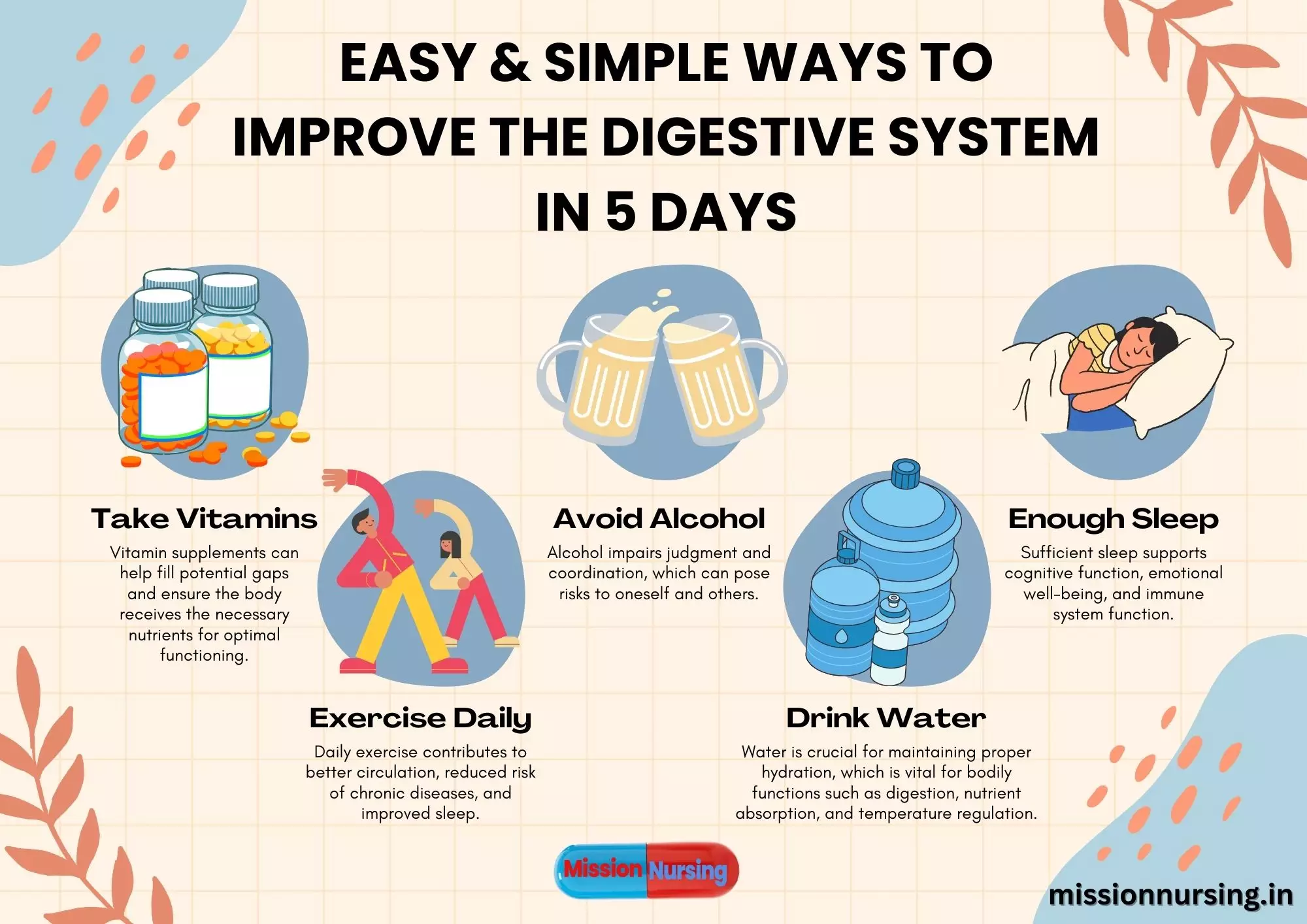
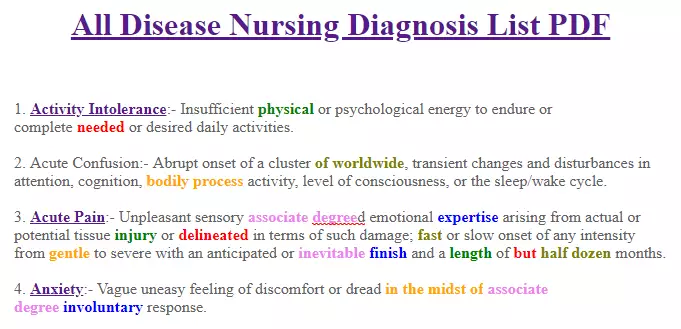

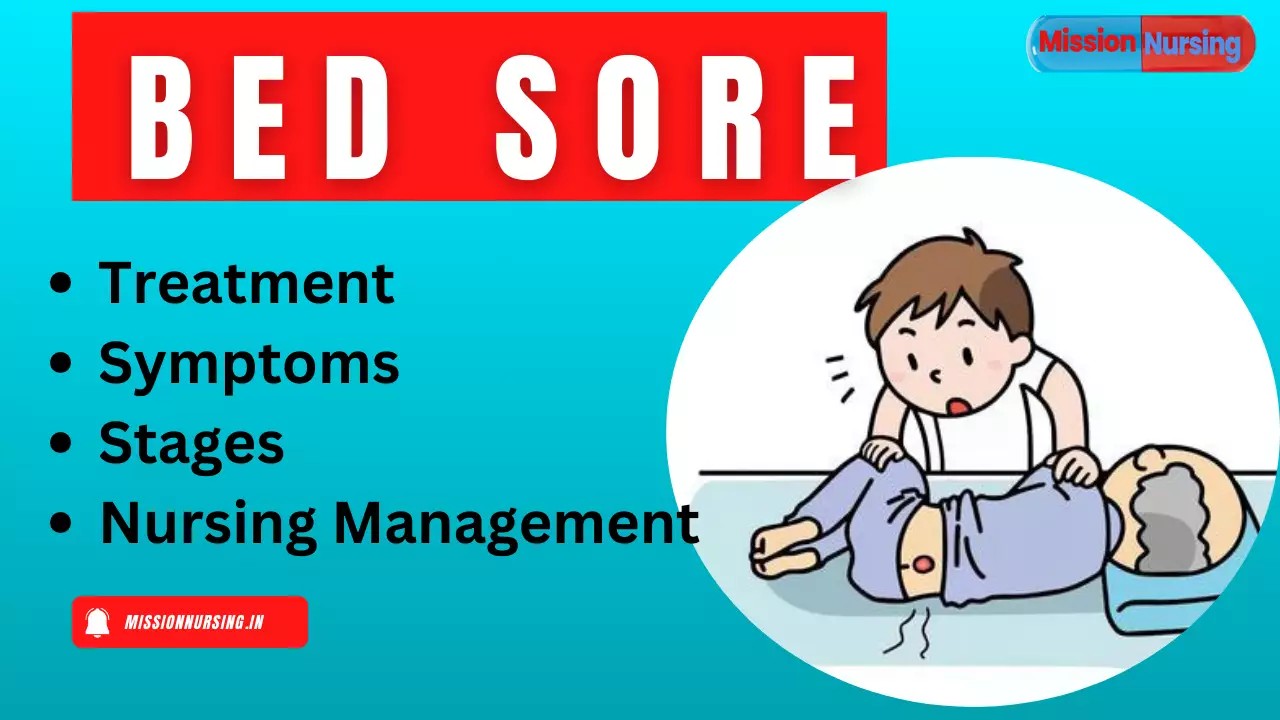

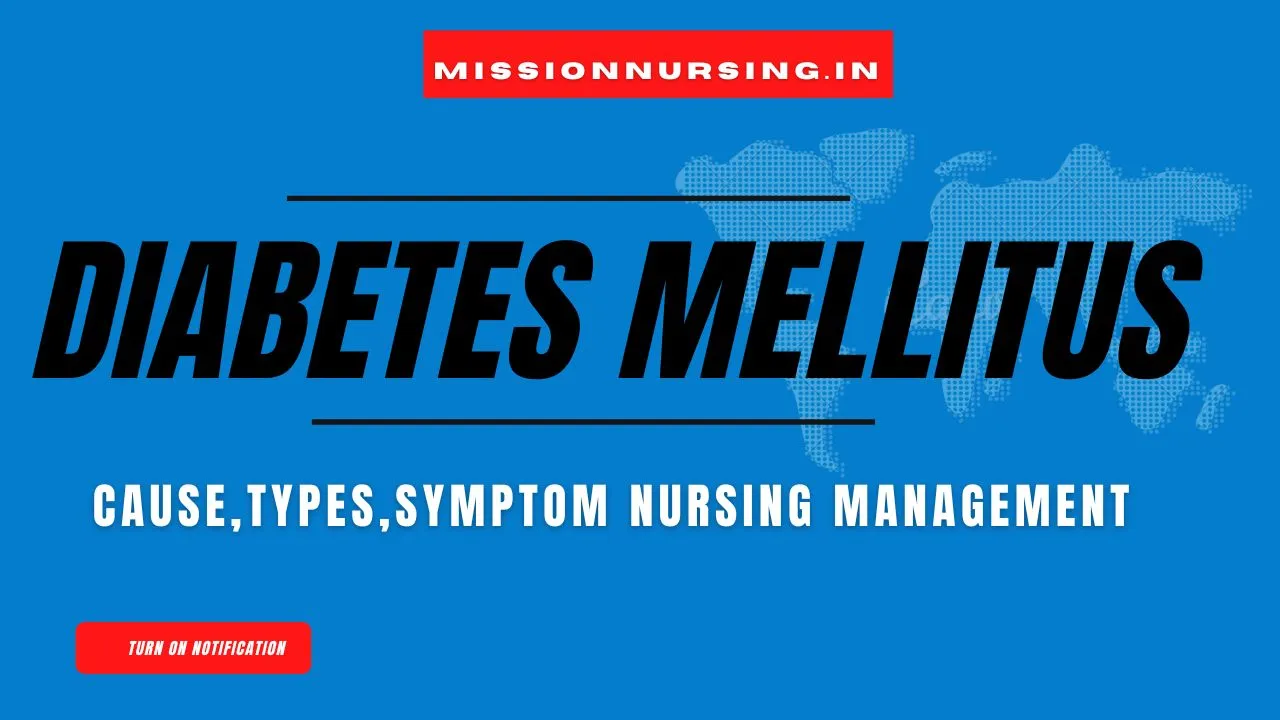


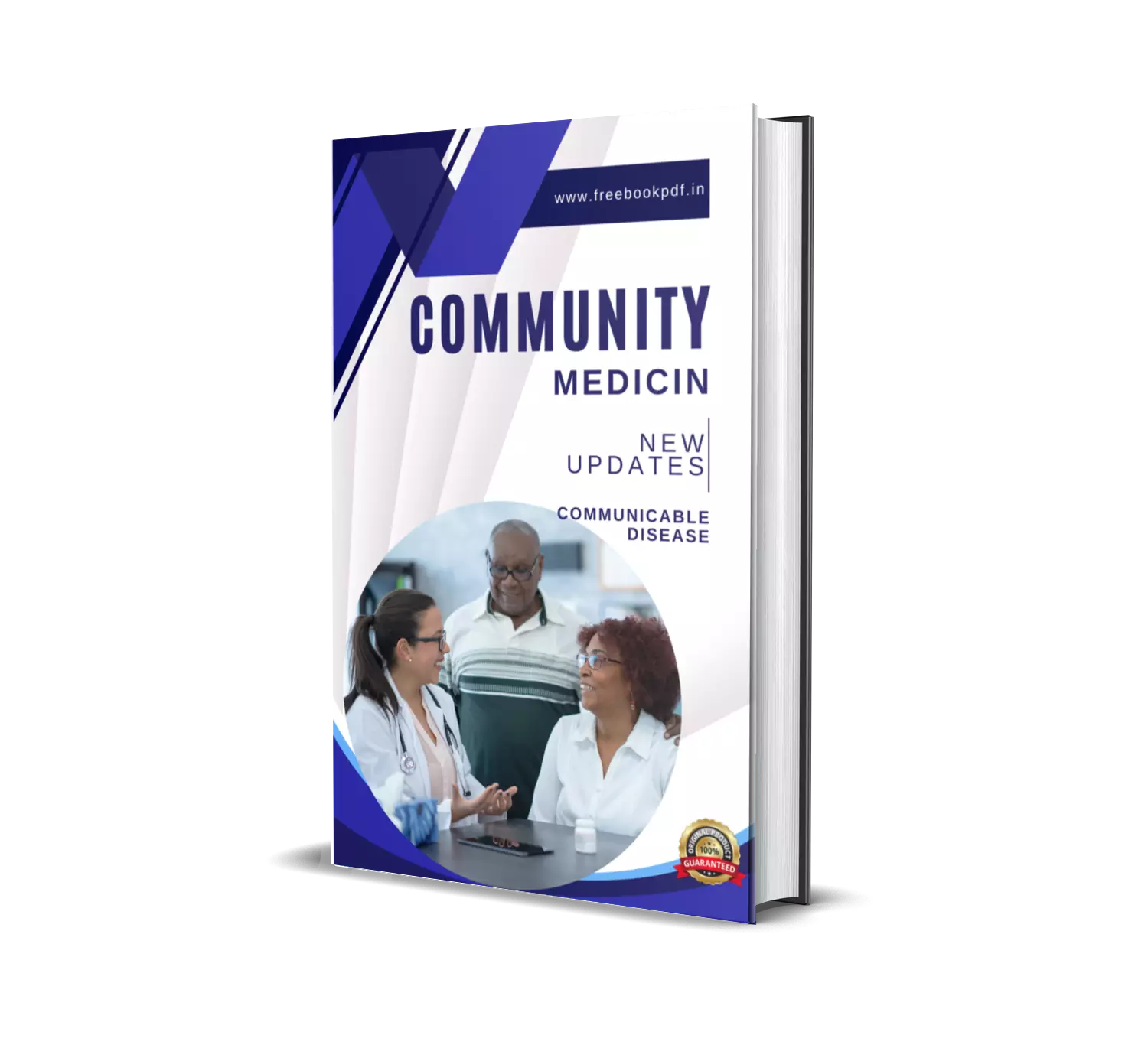
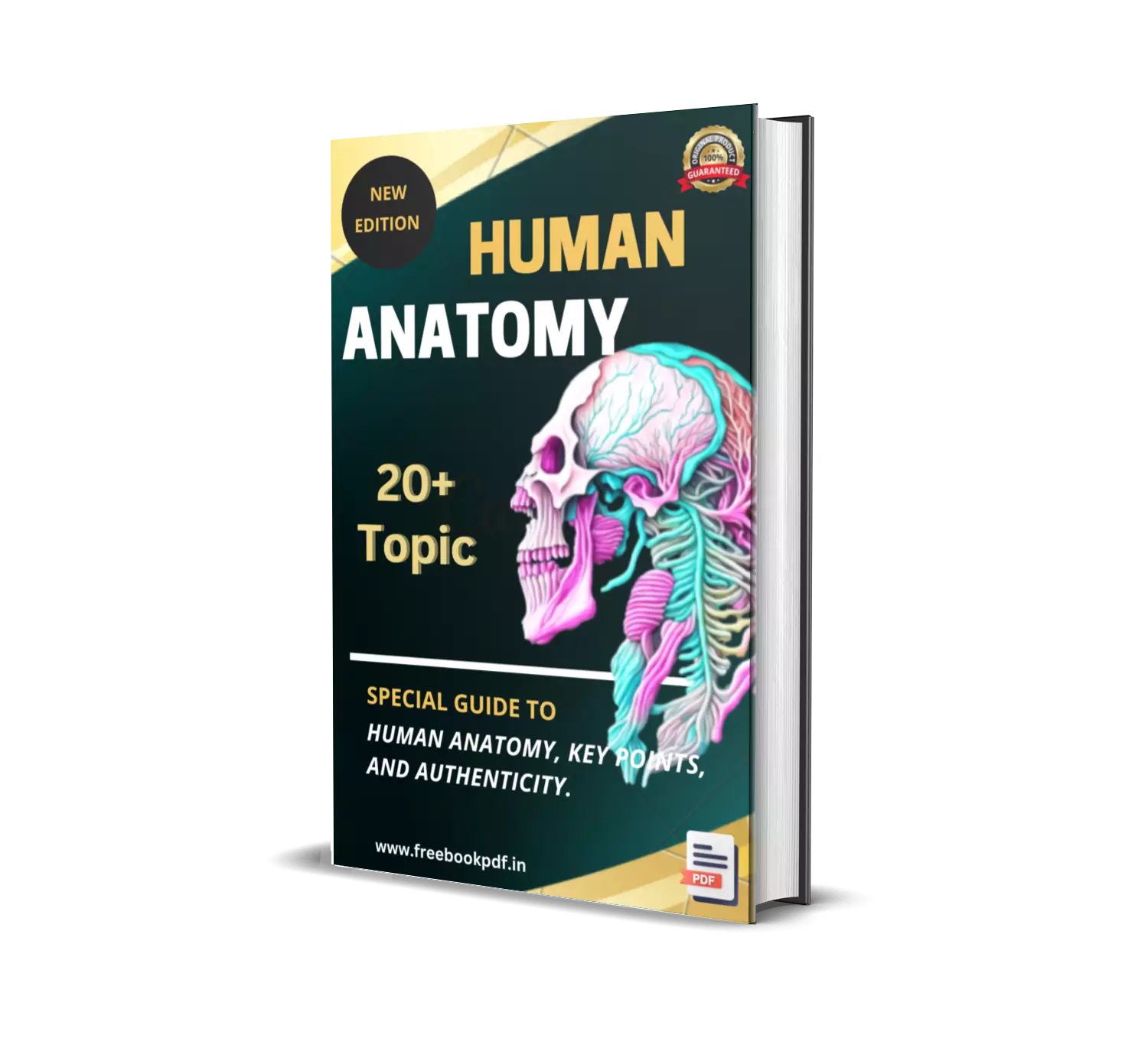


1 thought on “Myocardial infarction treatment drugs”